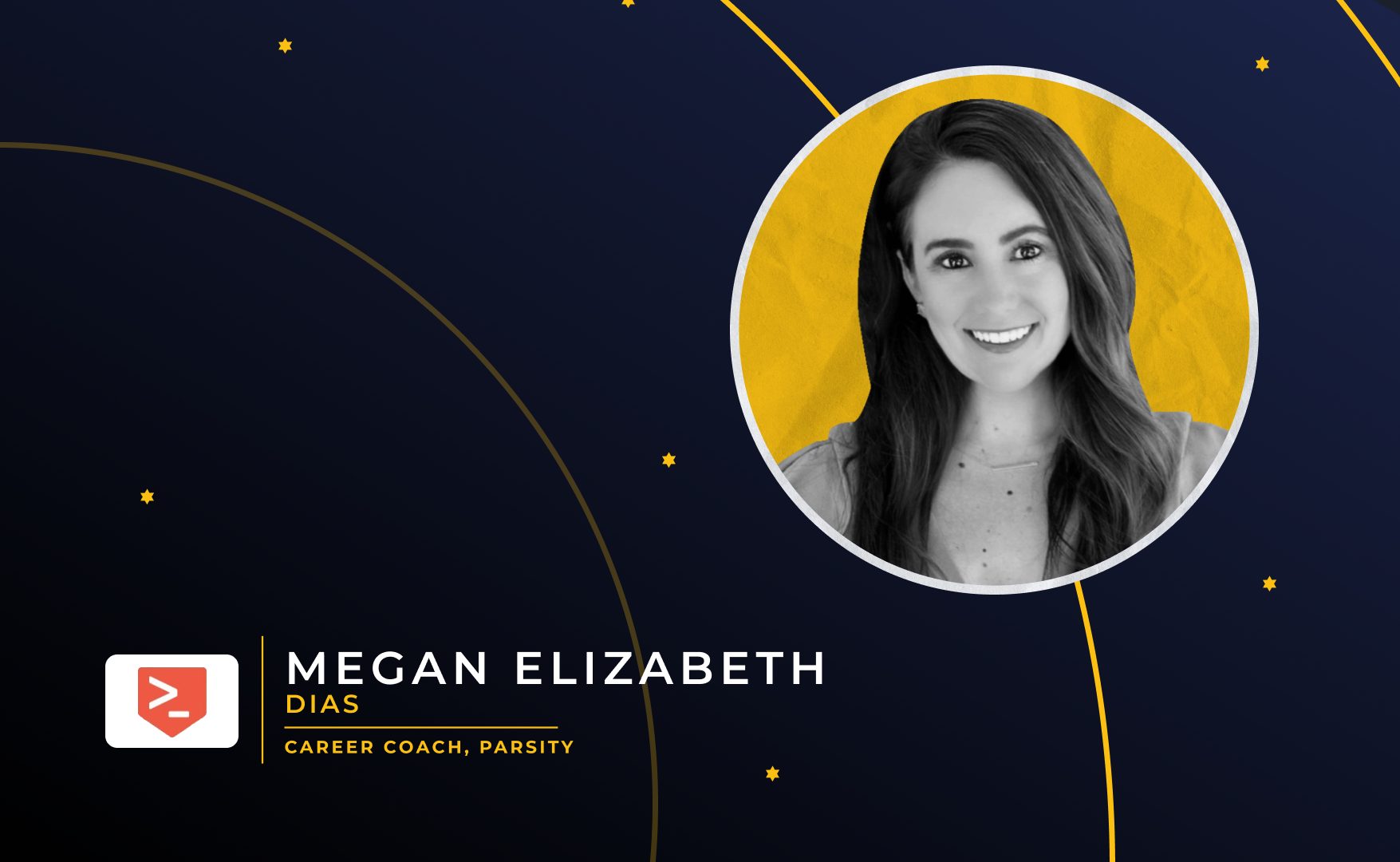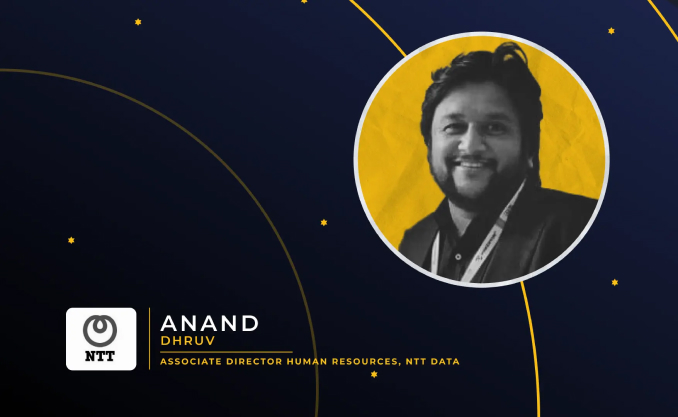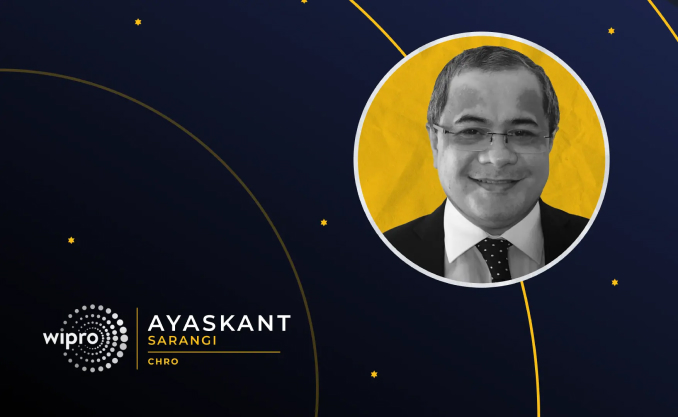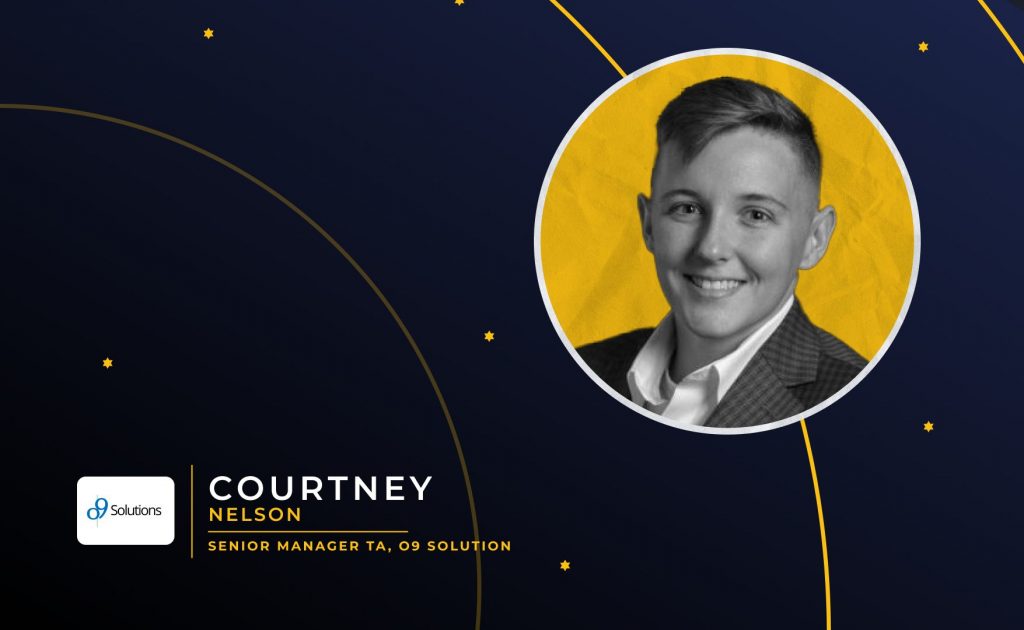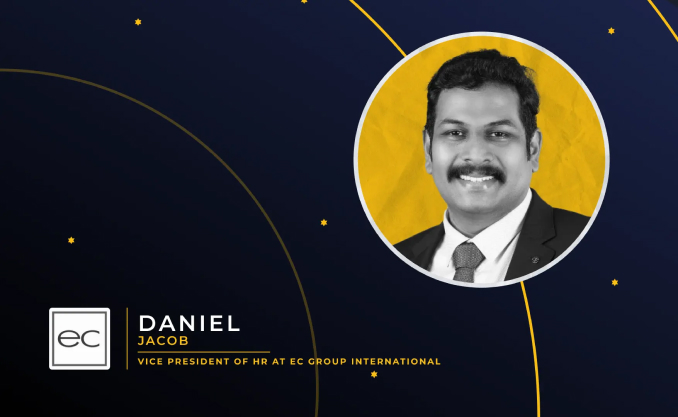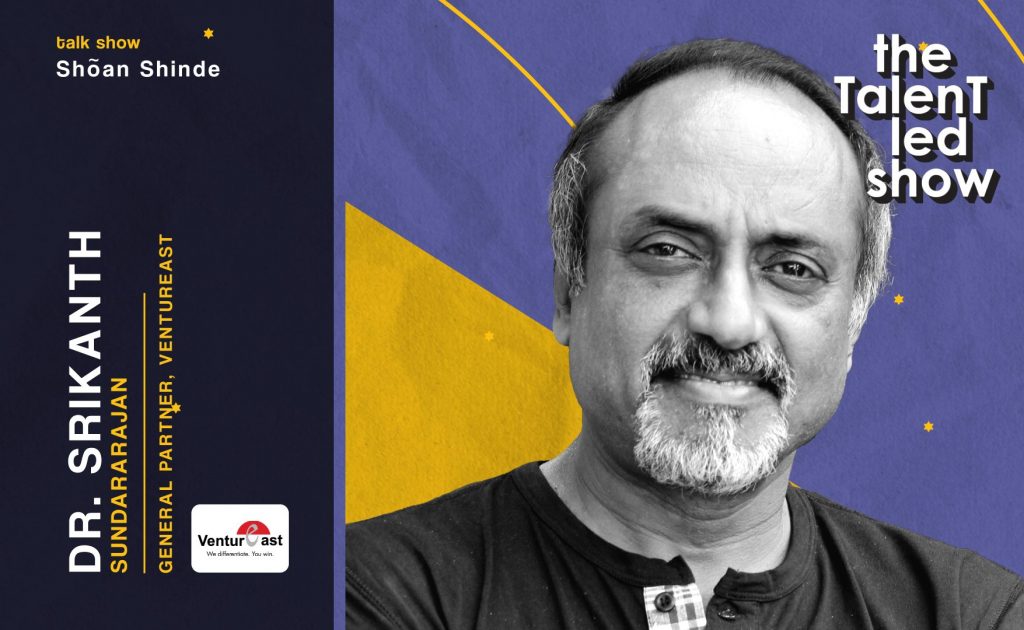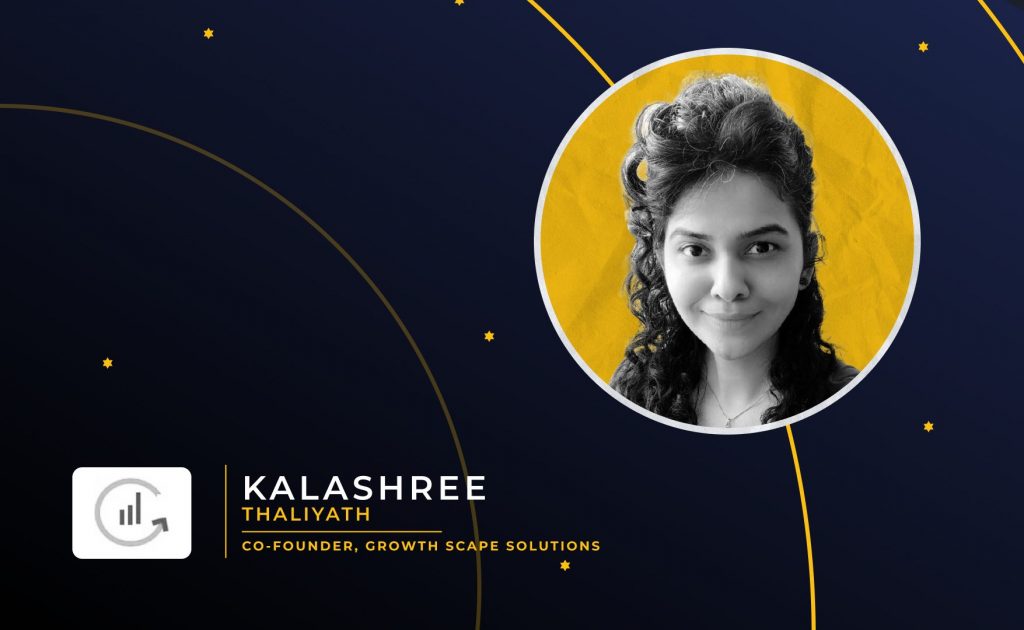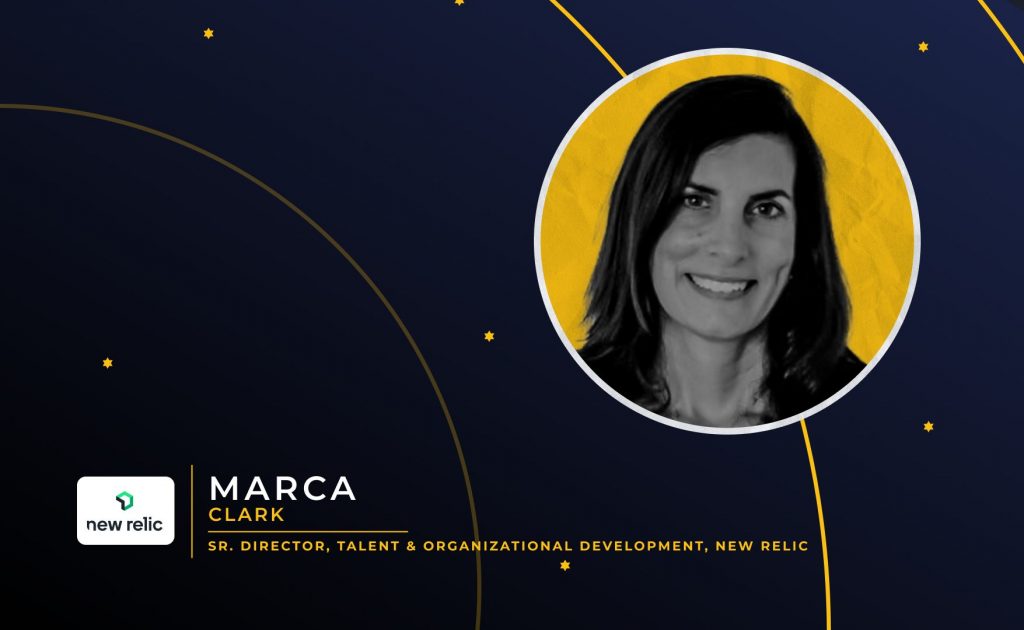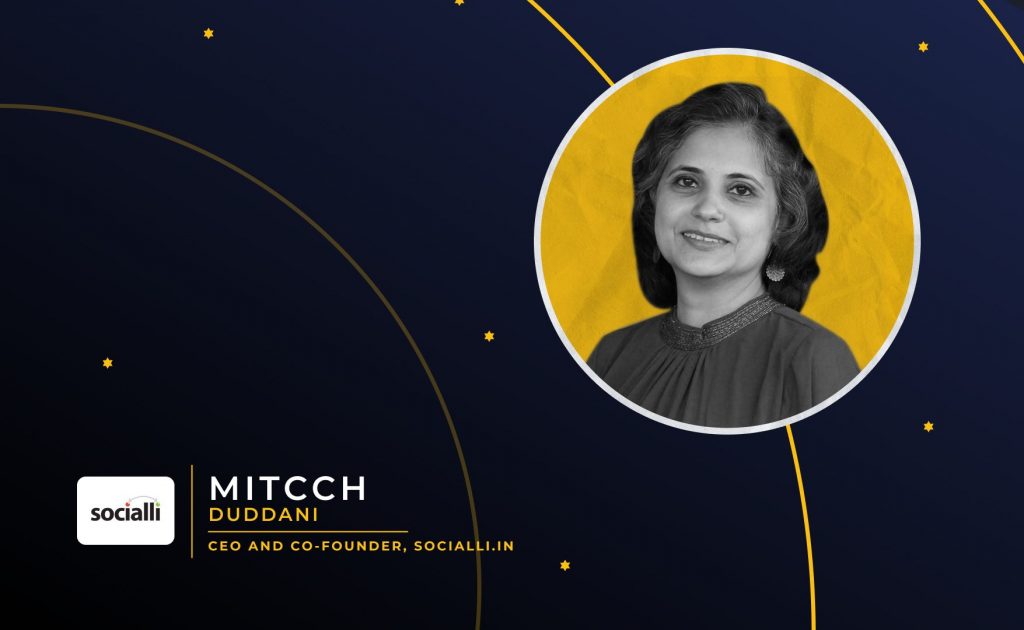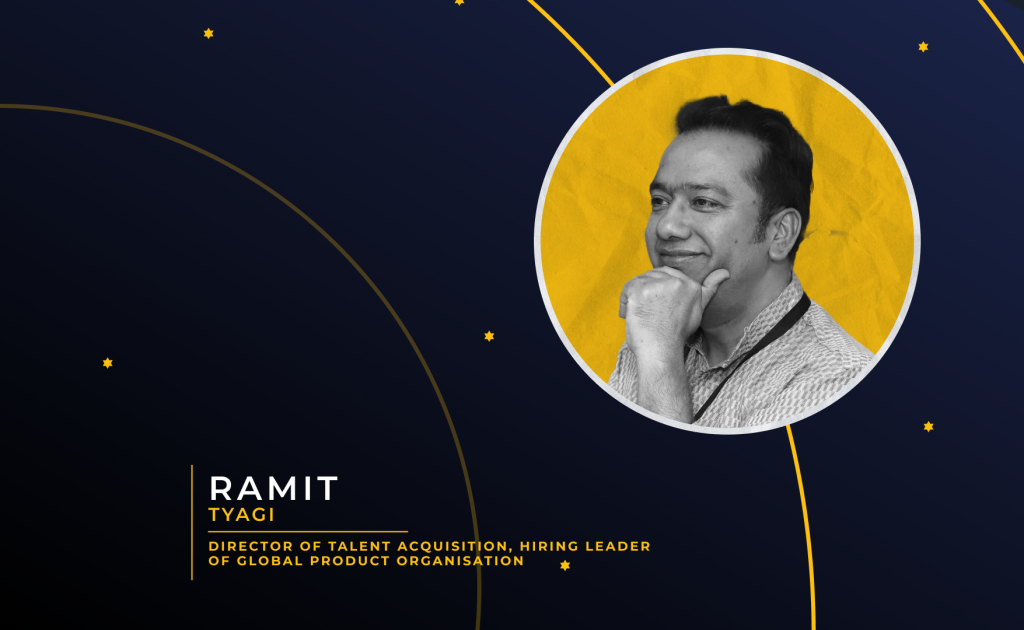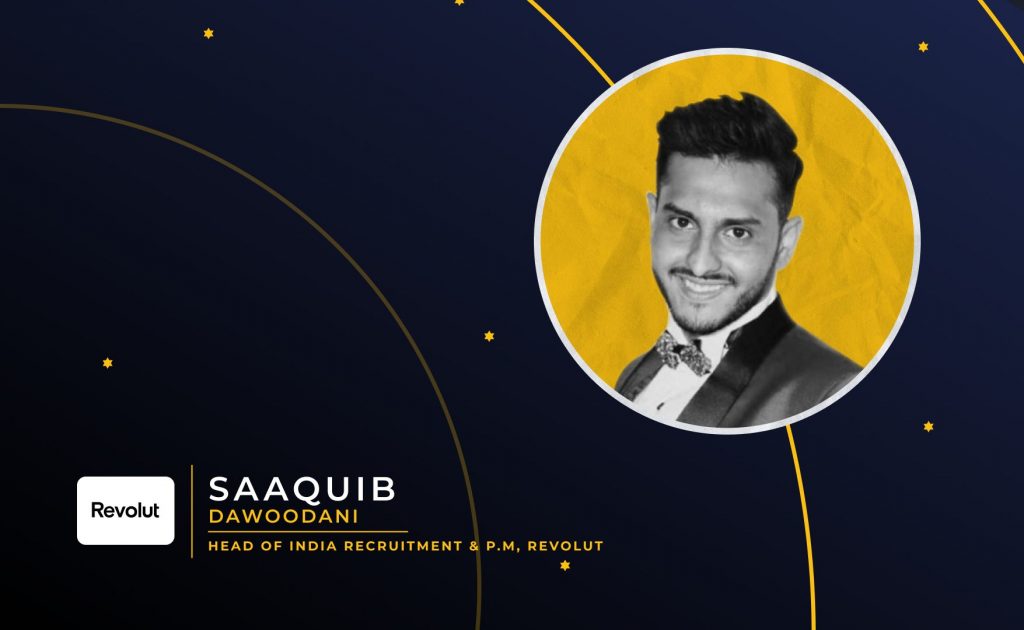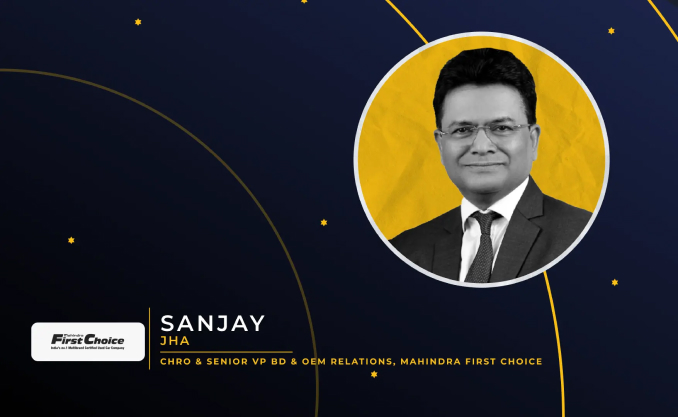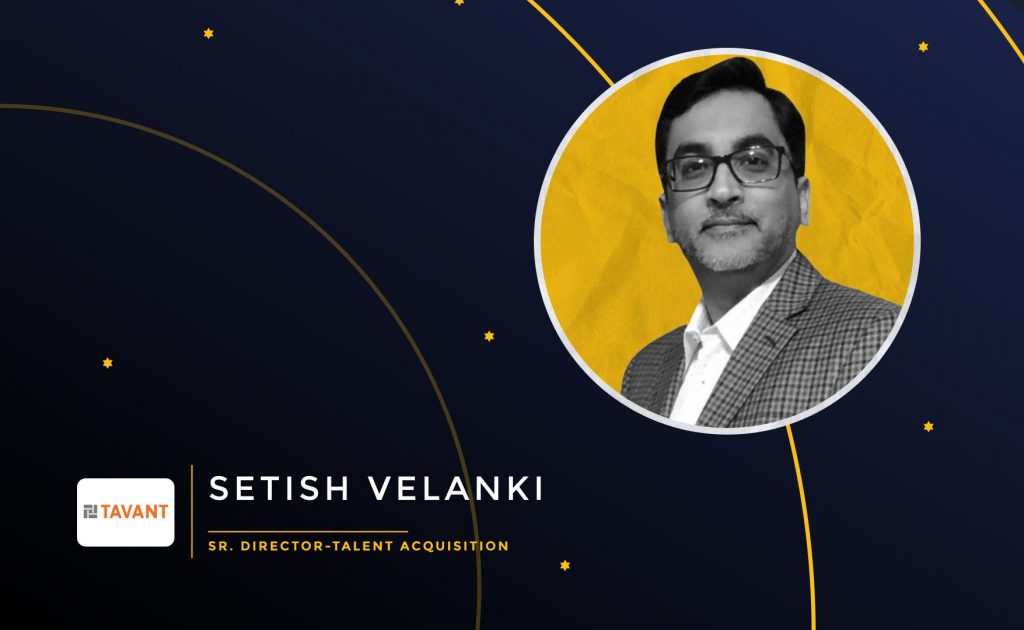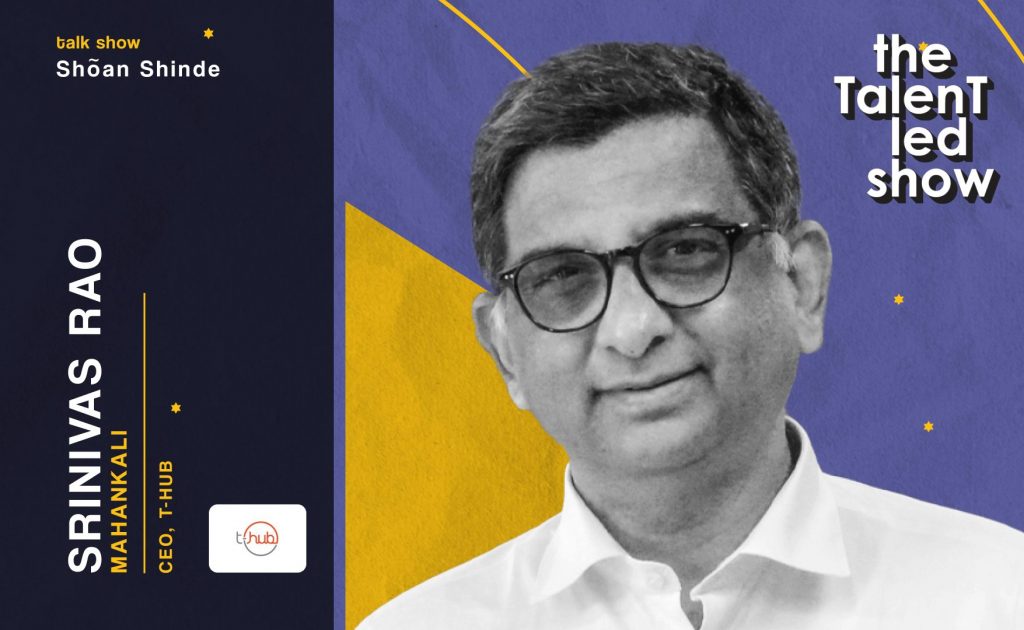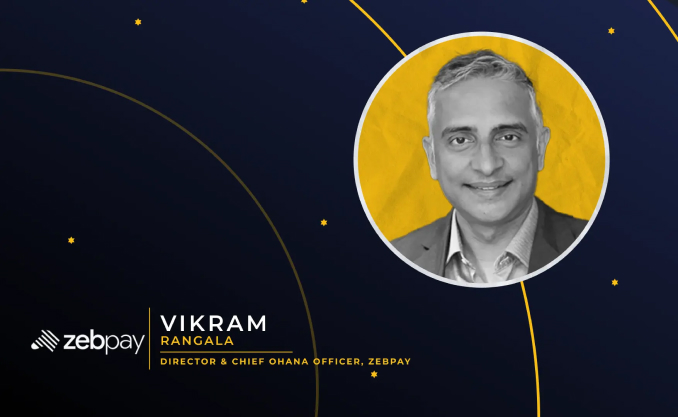Megan has a total experience of 10+ years now and has been previously associated with organizations such as Upwork, and Quora. She currently is a Career Coach at Parsity.
When asked about how candidates should apply for a job, Megan states that applicants need to choose quality over quantity and ensure that they are at least 60% fit for the job profile.
According to Megan, no candidate can ever be 100% qualified because they become a flight risk and instead, every candidate always has room for skill improvement that they may need to acquire for a job.
I have a background in HR recruitment, career coaching, and helping people pivot their careers.
As far as my background in the talent industry goes, I would say that I’ve had experience as a recruiter, a tech recruiter, managed recruitment for startups as well as TA initiatives focused on the candidate experience.
On the candidate experience front, I’ve always made sure that there is an unbiased interview process and that the interview team is asking the right questions, to allow a fair playing field for all candidates. My background is definitely helpful for a career coach, but also for professionals in the talent space.
Talent acquisition is a whole process of recruitment, candidate experience, and writing job descriptions.
My prior experience entailed being a career coach, working in HR, learning & development, as well as managing the recruitment strategies for a startup. That’s how I ended up in this TA space and as a career coach.
It’s all about the candidate experience and what the candidate thinks about the organization, whether they get an offer or not.
Whether a candidate gets an offer from an organization or not, they are always walking away with experience. Whether it’s a Glassdoor review, or word-of-mouth reference through friends and network, it’s all about who you know, and who you’re speaking with, and that really goes a long way when it comes to referrals or in general speaking about the experience (good or bad).
At the end of the day, if the candidate doesn’t accept an offer or they don’t receive an offer, they should be walking away with a positive experience and overall understanding of the brand value that the organization holds.
There are possible conflicts that can occur if, say, a recruiter might consider a candidate as the perfect match versus another hiring manager considering someone else with a specific skill set.
Today’s job market is so competitive, even if you don’t get the job, you definitely want to make sure that you can go back to the candidate and let them know the reason behind the decision (within reason and of course in regards to legalities) that the hiring manager was looking for a different profile or if there were changes in the role scope.
Also while it does get tricky to let the candidate know the exact reason why they haven’t been selected but since the candidate has invested time and energy into the interview process, the prep for that, it’s definitely a lot. It’s a lot of work, time, and investment. It is fair to the candidate to some degree, depending on legal purposes of course, what you’re able to share with that candidate regarding the opportunity.
When reviewing resumes, it is the job of a recruiter to understand the transferable skills and other background considerations to check whether a candidate is a right fit for the role.
I specialize in software engineer career coaching. So essentially students go through a coding boot camp and the result is they are either pivoting their career or this is the route that they have decided to go in their career. I help students and professionals get jobs as full-stack, front-end, and back-end software engineers. Within this, I review their resume and help with behavioral mock interviews, LinkedIn profiles, portfolios, GitHub sites, and all things related to that. I also help career pivoters in general in all fields.
There are a lot of times when clients consult asking for advice on how to identify their transferable skills, understand their personal brand, what their value add is, and how that relates to the role they are looking for. This relates to talent acquisition because, in the process of talking to candidates as well as just understanding different profiles when I’m reviewing a profile, no one is ever 100% qualified for a job. If you are overqualified, you become a flight risk.
A statistic says that women do not apply for a job unless they feel 100% qualified whereas, on the other hand, men tend to apply for a job even if they might not be qualified.
What I would say when applying for jobs is that you need to check the job description and if you feel that you are 60% qualified, then you should apply. With that said, you need to have a strategic approach to applying, which goes into a whole job search strategy, as well as being able to display how you are qualified or what transferable skills you have.
It’s really important for job seekers to prioritize quality over quality.
This is one of the most common mistakes that most job seekers tend to make – apply for a lot of jobs without actually checking the skills that the organization is looking for. You should never apply to anything and everything without customizing your resume with keywords. That is a terrible strategy!
Try not to use LinkedIn Easy Apply as often. Instead, what you need to do is go to the company website, make sure the position is still available, and apply directly there, since that’s the source of truth.
You can take it a step further and email the recruiter or hiring manager. You can do this by finding their email on sites like Hunter.io or ContactOut. You can reach out with a very specific, focused, targeted, and clear message about why you’re the right candidate for the role. This also helps to alleviate that potential of 40% that you might not feel you’re qualified for. You can showcase that you are worth a shot!
Referrals are the #1 strategy that candidates should look out for.
According to statistics, if you are cold apply there is only a 3% chance of you being contacted by the organization. This is why candidates need to be strategic in how they are applying for a job.
Not just today but also previously, it was best to land a job through a referral or a warm introduction, or through someone from your network. Hence I would say that in today’s world, even if it’s like a warm intro through a friend, you’re more likely to get through the interview process quicker, which is one of the best strategies that today’s job seekers can consider. This applies to all fields.
You need to have a very clear partnership with the hiring manager. Be very clear on what their expectations are, and have a clear job description because that is going to elicit the right talent.
Both hiring managers and recruiters need to be in sync with what they are looking for in a candidate. A part of your job as a recruiter is selling that applicant on the amazing benefits the company has to offer. To get the right candidate, the hiring manager needs to be clear on what they’re looking for, and how the role will fit within the team, and then once the person is hired, it is important to check how the candidate will act in that environment.
It shouldn’t just be five one-on-one interviews, instead, it should be an interconnected process where you are making sure that you’re measuring key competencies throughout the interview process and the candidate does not feel like they’re a broken record, repeating themselves five different times in five different conversations to the question “tell me about yourself”. It’s important to develop key competencies and identify how those are being measured through the organization’s mission, values, and skill sets necessary for the role.
The best way to share information regarding previous stages of an interview without any bias would be to keep in sync with the interview team.
In a situation, where there are 5 interviewers, all 5 will have a different set of questions to ask the candidate. Once the questions are asked, the interviewer need not share their views on how the candidate performed. All feedback will be shared with the hiring manager directly, and then the hiring manager will hold a debrief with the hiring team.
Feedback should not be shared among individual interviewers, having such conversations as “I loved that candidate”. I also think that there is oftentimes a bias. If you already find something in common with this person, such as “we went to the same college”, you’re already biased in their favor – which isn’t fair, and it’s unconscious bias.
So I essentially think that if the interview process is well designed, then the questions won’t be repeated, feedback won’t be shared until the end, and then there will be a better debrief to the hiring manager.
At the end of the day, it is the responsibility of the recruiter, the hiring manager, and the hiring team to update all the candidates about the process, once the job position is closed.
There are technologies that allow candidates to schedule interviews. However, it can get a bit tricky based on the organization. Typically when a role is open, a recruiter will review the initial applicants, maybe select a few, and then they’ll proceed with the interview pipeline. candidates will continue to apply. It gets overwhelming because that timeline has now passed since candidates are already in the interview pipeline.
There are so many stakeholders involved at that point: there’s the hiring manager, there’s upper management who are involved in the interviews, there’s waiting for feedback, there are scheduling issues, there are people out sick, there’s vacation, there are many logistics that go behind the scenes that candidates aren’t aware of, which is why it’s important to update the candidates regarding each step of the hiring process.
A good recruiter needs to have a solid relationship with the hiring managers, hiring teams, and the C-suite level decision makers to be able to provide better updates to the candidate.
A lot happens in the hiring process and therefore keeping in continuous engagement becomes essential. I think it’s utilizing certain skill sets, such as follow-up, attention to detail, communication, understanding the key aspects of the role, and how that relates to the current status, being clear with the candidate about expectations, etc. “We won’t be able to get back to you for 2 weeks because of XYZ reason”. A good recruiter has to have project manager skill sets.
I’m a part of various Slack groups that are related to HR, talent acquisition, and recruitment, and those are great resources because they provide information on many up-to-date trends. “Hey, we’re using this new platform. What’s your feedback on this?”, “How are you getting candidates engaged?”, “How are you getting candidates to respond to this survey?” It’s continuous learning.
In today’s market, talent acquisition professionals and recruiters are struggling because the market has changed so much with layoffs, therefore scoping internal roles differently. Everything is all over the place. However, I think the more that you can connect with other like-minded professionals, you can share ideas and understand what the company is doing and also learn how others are going about it XYZ topic.
The PeopleGeeks slack channel has HR job boards, talent acquisition resources and so many different channels to join – recruiters will mention, “I’m hiring for this, let me know if you have anyone interested”, or “I’m looking for this type of role. Do you know of anything?” These communities are great.
There are a lot of great newsletters out there that are super helpful, which also have links to job descriptions that are open, which are great resources for HR and talent professionals.

